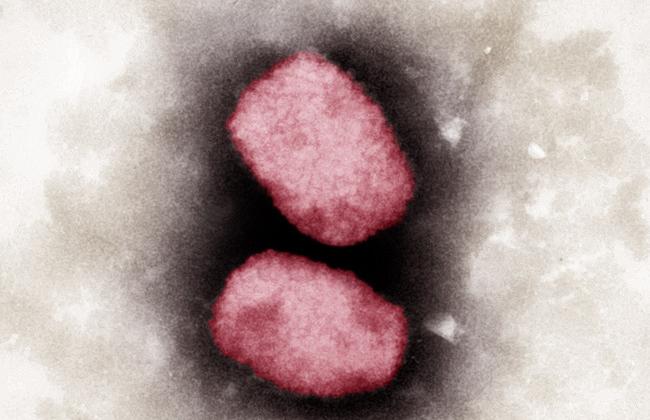The CHMP Begins Reviewing Data on Imvanex Indication Extension
The Committee for Medicinal Products for Human Use (CHMP) at the European Medicines Agency (EMA) has started examining data to extend the use of the vaccine Imvanex to include monkeypox protection, the EMA's secretariat announced on 28 June 2022. Imvanex is currently authorised in the EU for use in adults to protect against smallpox. The vaccine contains a modified, non-replicating form of the Ankara vaccinia virus, which is related to the smallpox virus (variola virus).

Basis for Initiating the Review
Supplies of Imvanex are currently limited in the EU. Imvanex is licensed in the USA under the trade name Jynneos for the prevention of both smallpox and monkeypox. The Emergency Task Force (ETF) at the EMA had developed recommendations for the import of Jynneos and initiated the CHMP review of Imvanex data for the prevention of monkeypox.
The decision to initiate the Imvanex review is based on the results of laboratory studies (non-clinical data) which indicate that the vaccine may trigger the production of antibodies against the monkeypox virus and may contribute to protection against the disease.
Particular Features of the Review
The CHMP began evaluating any already available data for the ongoing review before the Marketing Authorisation Holder had submitted the formal application to extend the indication of Imvanex. Streamlining processes without limiting due diligence is an approach that has already been put into use during the rolling review process for COVID-19 vaccine authorisation. By employing such measures, the medicines authorities of the EU Member States seek to ensure that the EU Member States have an authorised monkeypox vaccine in a timely manner. In order to support the provision of medicines for the prevention and treatment of monkeypox, close contact is maintained with:
- the European Centre for Disease Prevention and Control (ECDC),
- the European Health Emergency Preparedness and Response Authority (HERA), and
- developers.
Monkeypox Infection
Monkeypox (MPX) is a rare disease caused by an infection with the monkeypox virus and produces similar symptoms to smallpox. The infection begins with fever, headache, muscle aches and fatigue. It can be fatal in very rare cases, but is usually milder than smallpox.
Monkeypox is transmitted to humans by various wild animals such as rodents and apes, but can also be transmitted from person to person in close contact. The outbreaks that have been reported since May 2022 are the first to occur outside Africa and have no relation to endemic areas.
Background – Which Vaccine Can Be Used in Germany to Protect against Monkeypox? (Status: 29 June 2022)
The vaccine Imvanex/Jynneos is a vaccine originally developed for use against classical smallpox and was authorised in the European Union in 2013 for persons aged 18 years and over. In the United States, this vaccine is authorised under the name Jynneos for the prevention of monkeypox in adults aged 18 years and over. The vaccine called Imvanex is currently not authorised for use against monkeypox in the European Union. A corresponding indication extension is in progress (see above). Thus, the use of this vaccine for the prevention of monkeypox is an application outside the current authorisation in the European Union (off-label use). Jynneos vaccine packs are currently being shipped.
The vaccine is based on an attenuated virus, the modified vaccinia virus Ankara (MVA vaccine). These vaccine viruses cannot multiply in humans, they cannot cause smallpox in the vaccinated person and are also not transmissible to contact persons of the vaccinated person.
The vaccine viruses are recognised by the immune system as "foreign"; antibodies and defence cells against the virus are subsequently formed. This creates a protective immune response. Studies in Africa, where the monkeypox virus is endemic, have shown that conventional (non-MVA) smallpox vaccines have an efficacy of at least 85% for protection against monkeypox.



